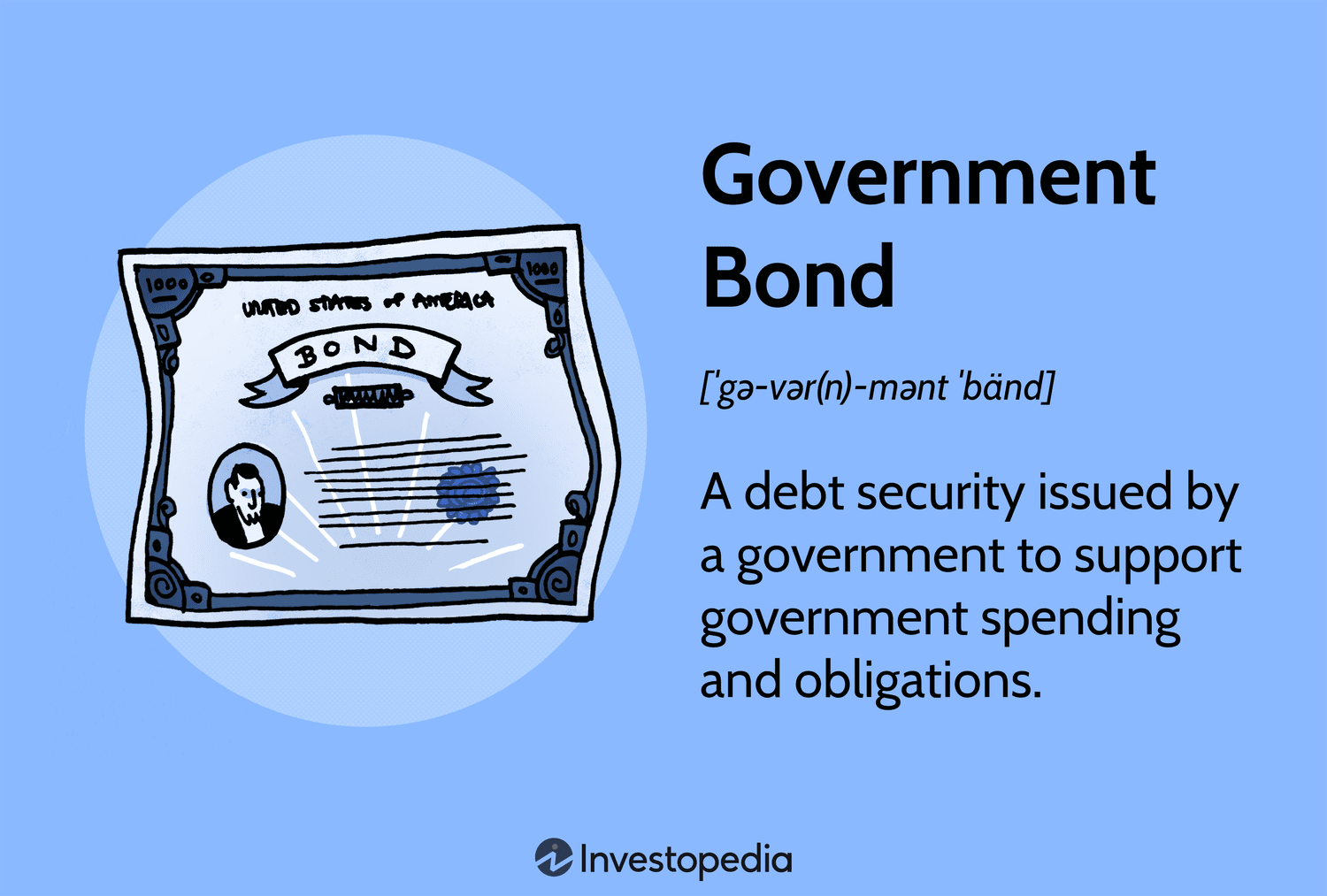Welcome to our comprehensive guide on sovereign bonds. In this article, we will explore what sovereign bonds are, how they work, and why they are an important investment option for individuals and institutions worldwide. So let’s dive in!

Credit: m.economictimes.com
Table of Contents
What are Sovereign Bonds?
Sovereign bonds, also known as government bonds or treasury bonds, are debt securities issued by national governments to raise capital for various purposes, such as funding infrastructure projects, financing budget deficits, or supporting economic growth initiatives. These bonds act as a form of borrowing for governments, allowing them to raise money from investors who purchase the bonds.
Investors who buy sovereign bonds essentially lend money to a government for a specified period, during which the government pays interest periodically and returns the principal amount upon maturity. These bonds are considered low-risk investments as they are backed by the full faith and credit of the issuing government, making them one of the safest investment options available.
How Do Sovereign Bonds Work?
When a government decides to issue sovereign bonds, it sets the terms and conditions of the bond, including the interest rate, maturity date, and payment frequency. These terms may vary based on the economic situation, prevailing interest rates, and the credit rating of the issuing government.
Investors interested in purchasing sovereign bonds can do so through primary or secondary markets. In the primary market, investors buy bonds directly from the government through public offerings or auctions. In the secondary market, investors can buy and sell bonds amongst themselves, providing liquidity to the market.
Sovereign bonds typically offer fixed interest rates, meaning the interest payments remain constant throughout the bond’s life. This feature makes them attractive to risk-averse investors who prefer stable and predictable income streams. The interest earned on sovereign bonds is usually subject to taxation, which varies based on the investor’s jurisdiction.

Credit: www.icicidirect.com
Why Invest in Sovereign Bonds?
There are several reasons why individuals and institutional investors choose to invest in sovereign bonds:
- Safety: Sovereign bonds are considered one of the safest investments as they are backed by the issuing government. Governments have the power to levy taxes and print money, which provides a high level of security for bondholders.
- Steady Income: Sovereign bonds offer fixed interest payments, providing investors with a regular and predictable income stream. This makes them particularly appealing for those seeking stable returns.
- Diversification: Investing in sovereign bonds allows investors to diversify their portfolios, reducing the overall risk. Bonds often have a negative correlation with other asset classes such as stocks, providing a hedge against market volatility.
- Liquidity: Sovereign bonds are actively traded in secondary markets, offering investors the flexibility to buy and sell their holdings as needed. This enhances market liquidity and ensures investors can easily access their funds.
- Global Stability: Many sovereign bonds are highly sought after by international investors due to the stability and creditworthiness of the issuing governments. This global demand can contribute to price appreciation and potentially higher returns.
Risks Associated with Sovereign Bonds
While sovereign bonds are generally considered low-risk investments, it is essential to be aware of potential risks:
- Interest Rate Risk: Changes in interest rates can impact the value of sovereign bonds. When interest rates rise, bond prices tend to fall, and vice versa.
- Inflation Risk: Inflation erodes the purchasing power of interest payments and the principal amount. High inflation rates can diminish the real return on sovereign bonds.
- Credit Risk: Although rare, there is a possibility of governments defaulting on their debt obligations. Investors should assess the creditworthiness of the issuing government before investing.
- Currency Risk: If an investor purchases sovereign bonds denominated in a foreign currency, exchange rate fluctuations can impact the overall return when converting back to the investor’s currency.
Conclusion
Sovereign bonds provide individuals and institutions with a safe and reliable investment option. They offer steady income, portfolio diversification, and liquidity, making them an essential component of a well-rounded investment strategy. However, it is crucial to understand the risks associated with these bonds and conduct thorough research before investing. With the right approach, sovereign bonds can play a valuable role in achieving long-term financial goals.
